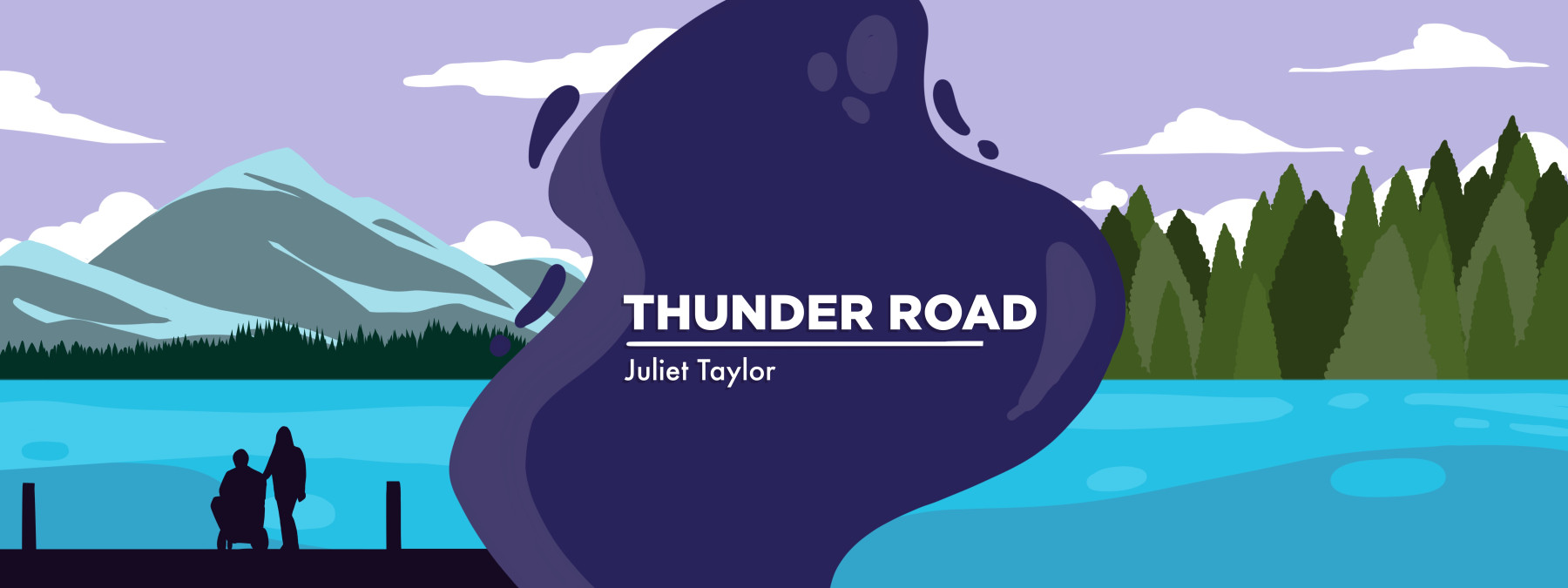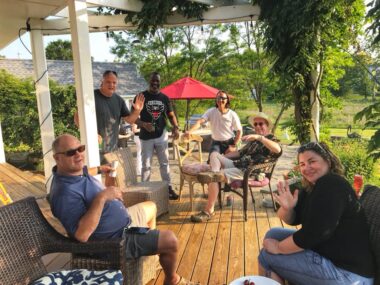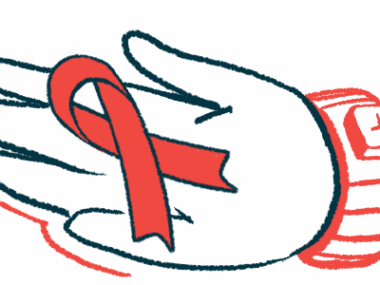What friends taught us during life with my husband’s ALS
A columnist offers a heartfelt affirmation of why friends are important
Written by |

Making and keeping friends did not come naturally to me in childhood. I was shy, and my introversion and love of books often kept me curled up on the couch reading while other neighborhood kids biked and played tag. I craved the interactions I noticed other kids having, but felt most content in my world of stories and thoughts.
Thankfully, my world expanded as I grew up, and I found that friendship delivered all that the daydreaming had promised — connection with, at first, fellow readers and introverts, then with like-minded adventurers and travelers, and finally with kindred spirits whose life experiences continue to inspire and educate me.
Now that I’m an adult, friendships are the mainstay of my life, the most profound gift, the aspect of my world that I cherish the most. But nothing before living with the ALS of my late husband, Jeff, could’ve prepared me for the beautiful things I learned about both having and being a friend when he and I needed it the most.
Caregiving for Jeff was the greatest honor of my life; experiencing the trust he had in me deepened our relationship. I credit Jeff for setting the brave tone in which he — we — lived with ALS.
At the same time, caregiving was exhausting, relentless, and at times terrifying. It was hard to describe or explain the complex and necessary routines for tasks that many of us, including me, take for granted — things like having breakfast, taking a shower, or using the toilet. With ALS, those activities of daily living can take hours and can present safety hazards for the loved ones in our care. Caregiving requires hypervigilance, and hypervigilance is a stressful state in which to live.
Fortunately, many of our friends instinctively understood the toll of ALS on both Jeff and me. I remember in the earliest days of his ALS, friends would show up with Subway sandwiches or banana splits with key lime ice cream, “just to hang out.” They were gracious enough to make it seem like we were doing them a favor by giving them a quiet day off, when in reality, they were coming to be present with us, to make us feel normal, and to reassure us that although Jeff’s health had changed, our friendships wouldn’t.
Later, our friends would show up en masse and take Jeff in our mobility van to a pub in Annapolis, Maryland, where they’d sit on picnic tables, enjoy a beer and feed the resident ducks. Other times, they’d take him boating, or they’d sit in the backyard smoking cigars. Friends would show up with things to make us laugh, bringing their dogs or games like Rummikub or Uno.
I have hundreds of stories like this.

Friends celebrate with Jeff, front left, on his 59th birthday in May 2019 in Annapolis, Maryland. (Photo by Juliet Taylor)
It took me months to realize that these hangouts were not just for Jeff alone but for me, too, as I could either join in or take a much-needed nap while they laughed and created memories.
During this time, our loved ones were quietly teaching me what kind of friend I want to have, and want to be. Before ALS, I’d never experienced serious family illness or grief close up. Many of our friends had, and they just simply understood in ways we hadn’t yet.
I learned during these days that friendship is not simply giving and receiving, but showing grace. These were days in which I simply had nothing to give, and our friends somehow always made us feel like we were helping them, by letting them help us. Other times, what we needed was forgiveness, when I not only started canceling plans, but also forgetting them entirely.
Sometimes we traded light conversations for heavy ones. Having the chance to be vulnerable, to talk about our fear and sadness without glossing it over, to be truly heard, was affirming. It’s a gift to not have to be strong. It’s a gift to have someone sit with us in sadness.
The friends who showed up for us during Jeff’s ALS taught me more in two short years — and in the years since — than I’d learned in a lifetime of friendship. People will show up for us in incredible ways if we open ourselves to it. And while I’ve learned that they don’t expect anything in return, paying it forward seems like the most fitting act of gratitude.
In the nearly three years since Jeff’s death, I’m working to up my friendship game. While we may not always know the right things to say or do when faced with a loved one’s illness, being present and showing grace have been, for me, a good place to start.
Note: ALS News Today is strictly a news and information website about the disease. It does not provide medical advice, diagnosis, or treatment. This content is not intended to be a substitute for professional medical advice, diagnosis, or treatment. Always seek the advice of your physician or other qualified health provider with any questions you may have regarding a medical condition. Never disregard professional medical advice or delay in seeking it because of something you have read on this website. The opinions expressed in this column are not those of ALS News Today or its parent company, Bionews, and are intended to spark discussion about issues pertaining to ALS.







Len Jax
Juliet,
How true it is! ALS sucks, but it is a good teacher. It has taught me many things I would not have had a chance to learn. So the irony is quite thick when I say I have to thank ALS for that. And thank you for paying friendship forward...sometimes you don't have to say anything...just being there for a friend says it all!
Len
suzanne
Juliet
Thank you for that post. everything about ALS sucks, except for the friends and family and neighbors that just show up. Like you, at first, I thought they came to visit My husband PALS Michael. But no- they were coming to see me too. Often they touch me, which is something I miss very much from Michael.
I have also been an introvert most of my life- content with reading and riding horses. Michael and I always always went everywhere together. Our kids wondered why both of their parents were always in the car, for mostly everything we did.
The last thing we bought before the ALS diagnosis, was a sailboat. a little day sailer. We towed it down to the Florida Keys. Our friends down there were very excited for us; as my dad was a sailer, and I was keeping up the family legacy. oddly my dad passed from ALS 7 years ago.
We sold the sailboat. I think people have a lot more in common, that in differences. If we open ourselves to friendships, we open our hearts
Suzanne
Nan Amann
You are very loved. Always.